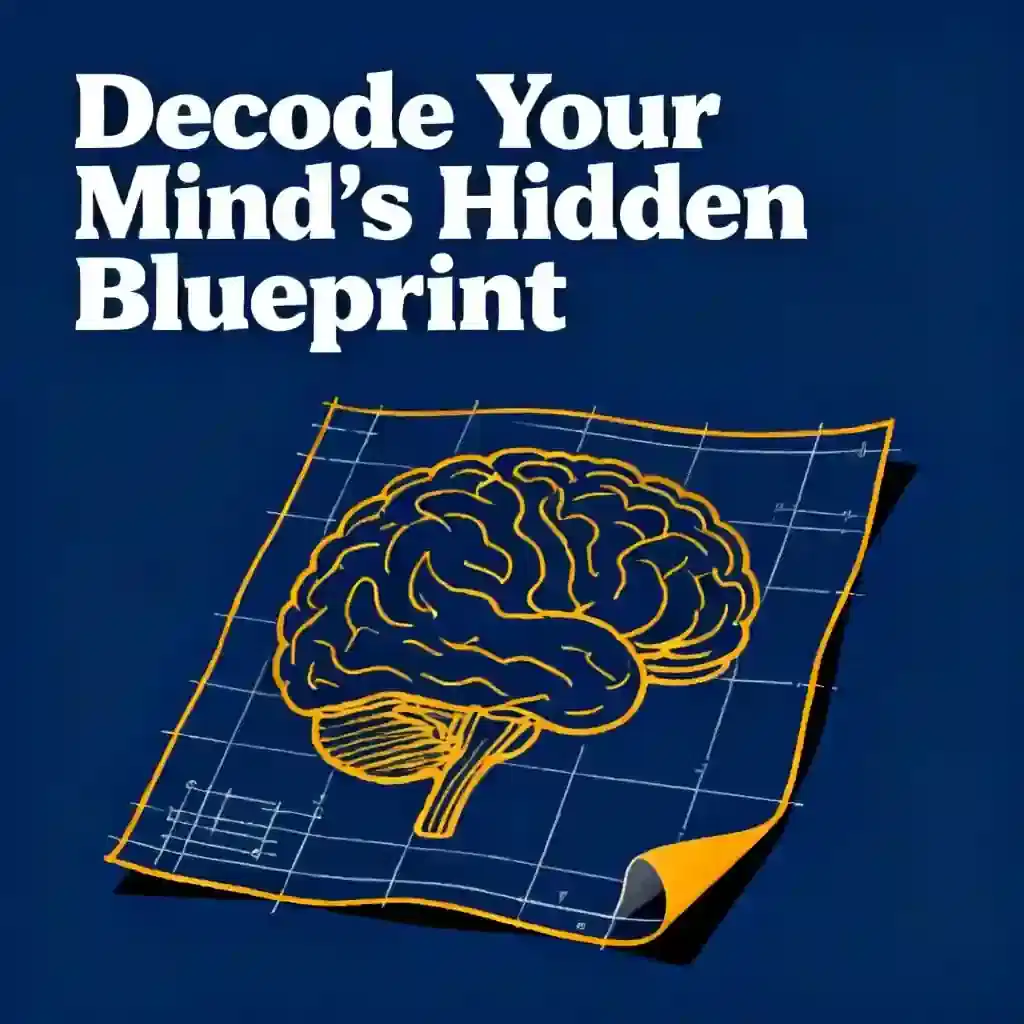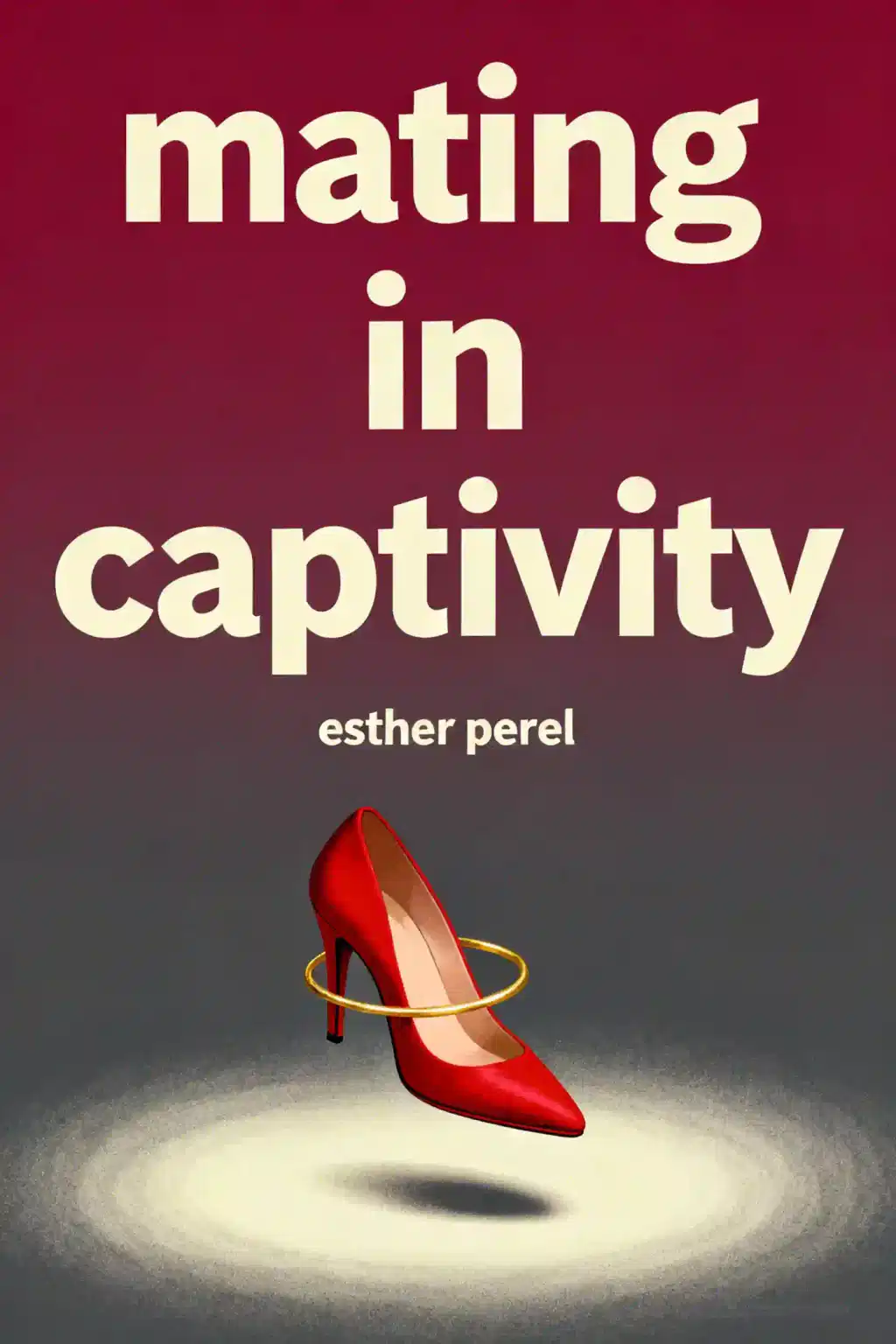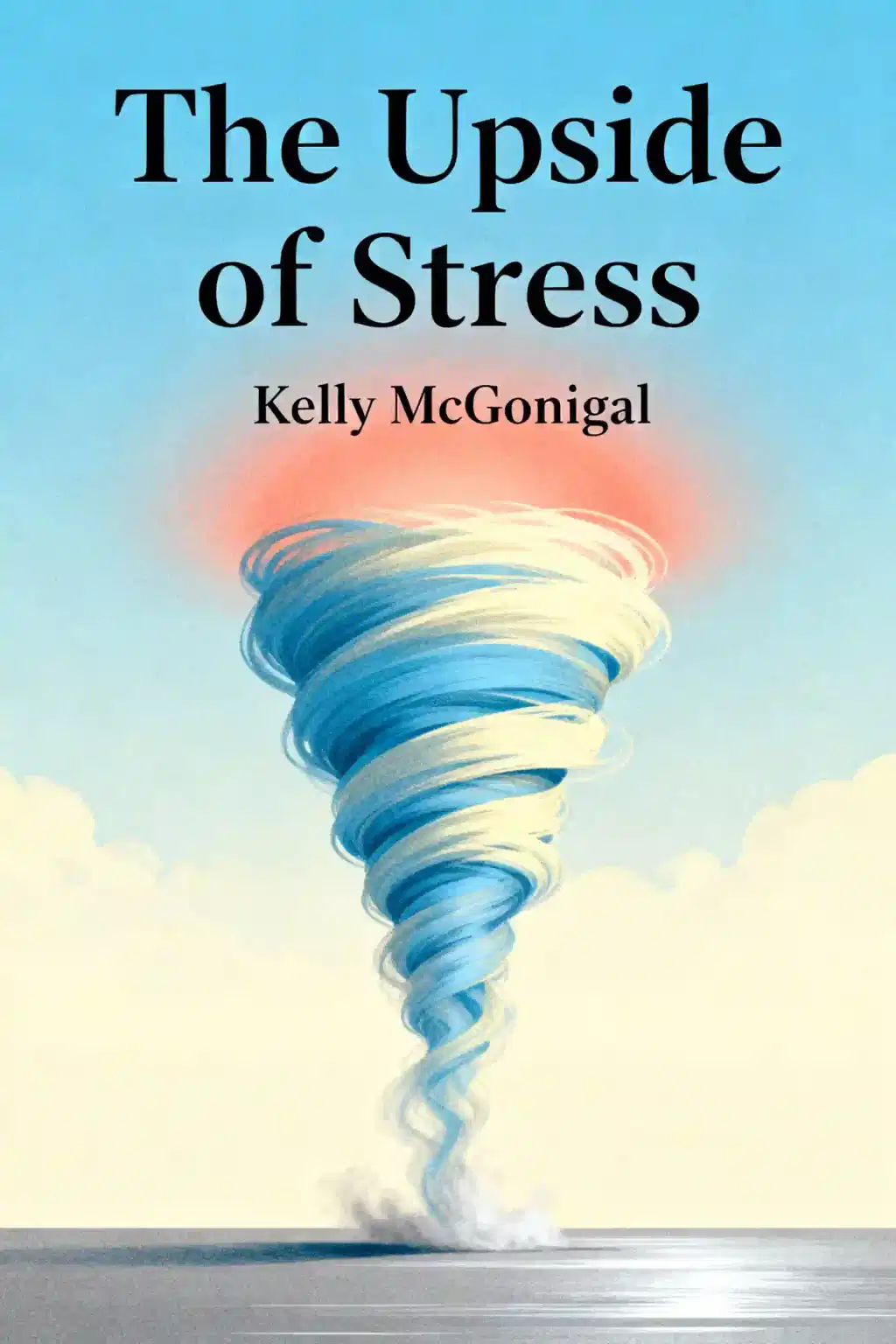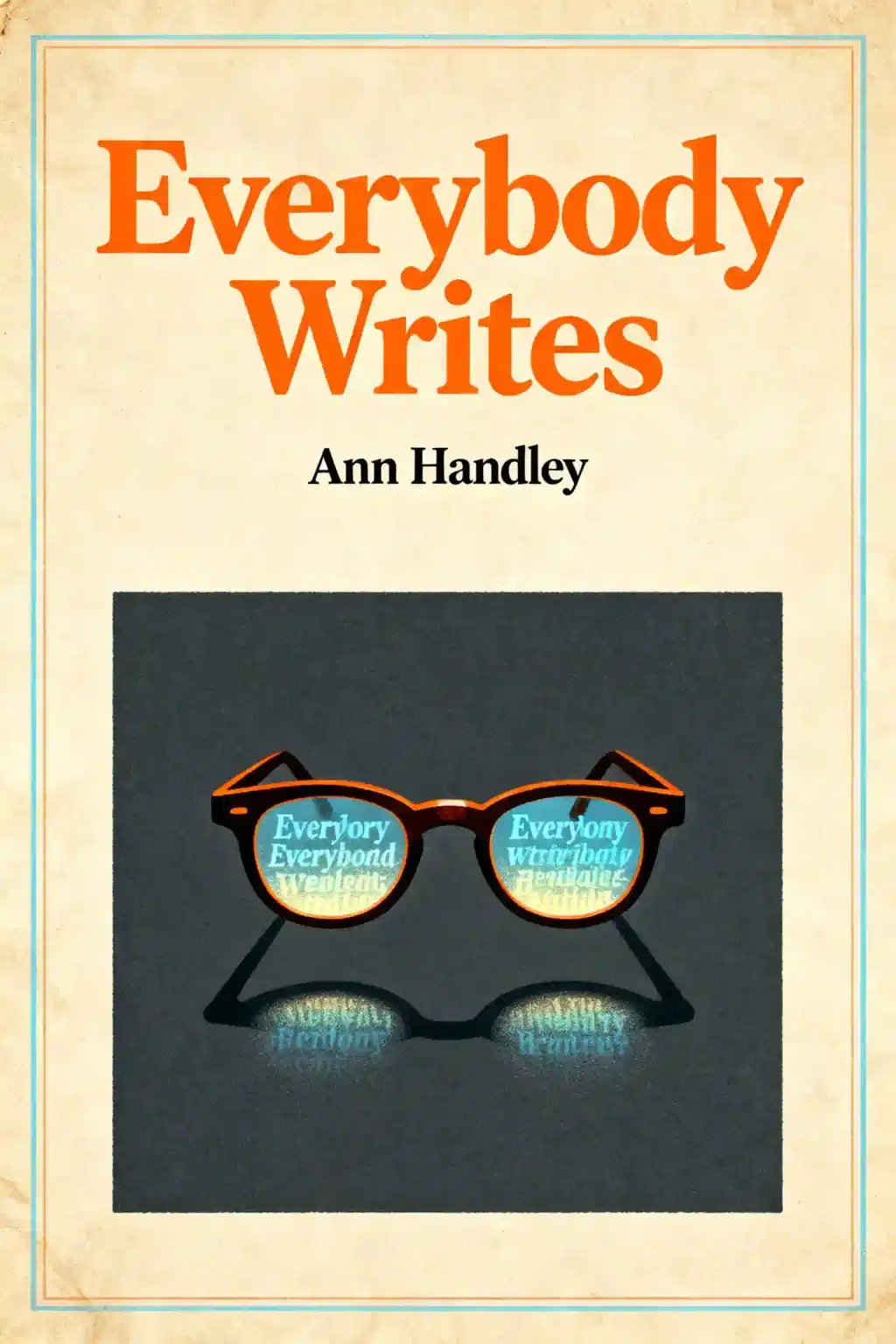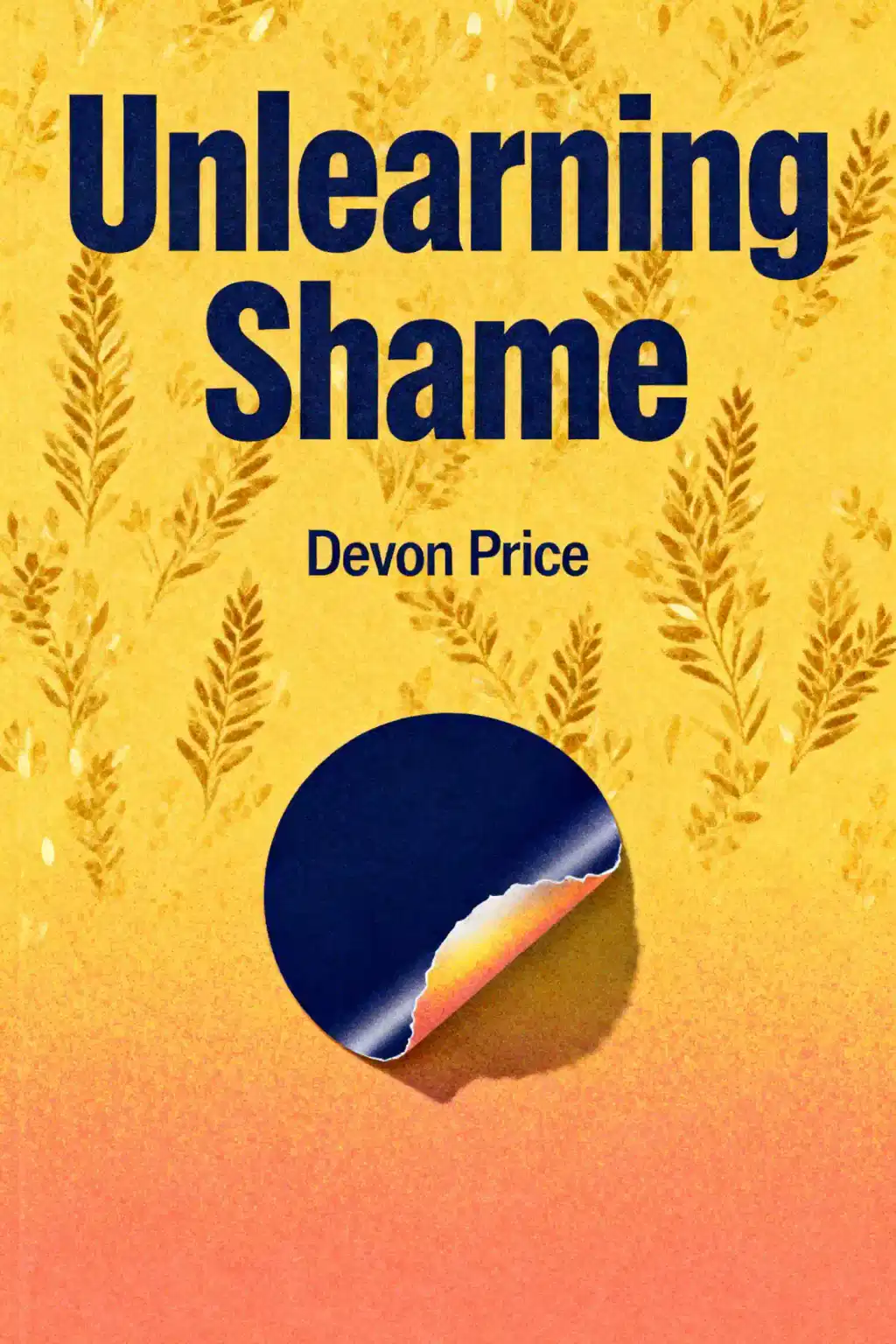
Unlearning Shame by Devon Price Summary
Overview of Unlearning Shame
In "Unlearning Shame," social psychologist Dr. Devon Price reveals how society engineers our self-loathing, making us blame ourselves for systemic problems. Endorsed by bestselling author Celeste Headlee, this revolutionary guide offers "expansive recognition" - the antidote to our doomscrolling, anxiety-driven world.
Similar books to Unlearning Shame
Feel the book through the author's voice
Turn knowledge into engaging, example-rich insights
Capture key ideas in a flash for fast learning
Enjoy the book in a fun and engaging way
Key takeaways
Breaking the Chains of Self-Hatred
Imagine completing your greatest achievement-a PhD-only to find yourself sobbing uncontrollably at what should be your celebration dinner. Or finally embracing your authentic gender identity, only to hide your transition and apologize profusely when coming out. What invisible force could transform triumph into despair and authenticity into secrecy? The answer is systemic shame-a powerful cultural ideology that convinces us we're individually responsible for structural problems beyond our control. Shame operates as both an emotional wound and a damaging worldview that shapes how we see ourselves and others. It functions at three interconnected levels: personal self-loathing about our identities and perceived failings; interpersonal distrust that makes us judge others harshly; and global cynicism about humanity's capacity for positive change. This shame isn't just a feeling-it's a comprehensive belief system that dictates our worth and our approach to social problems. When faced with complex issues like sexism or climate change, we find it psychologically soothing to blame individuals rather than addressing systemic causes. Remember the viral "West Elm Caleb" phenomenon? A man who ghosted women after dates became the target of an 85-million-view TikTok takedown campaign. While participants felt they were fighting sexism, this individualized blame ultimately didn't address the underlying cultural issues or provide women with the support needed to escape actual abuse.
The Historical Roots of Our Blame Culture
How Corporations Weaponize Personal Responsibility
Why Shame Fails as a Tool for Change
Expansive Recognition: The Antidote to Shame
Building Connection Through Vulnerability
Finding Your Place in a Broken World
Quick Summary Mode - Read or listen to Unlearning Shame Summary in 9 Minutes
Break down key ideas from Unlearning Shame into bite-sized takeaways to understand how innovative teams create, collaborate, and grow.
Flash Card Mode - Top 10 Insights from Unlearning Shame in a Nutshell
Distill Unlearning Shame into rapid-fire memory cues that highlight Pixar’s principles of candor, teamwork, and creative resilience.

Fun Mode - Unlearning Shame Lessons Told Through 24-Min Stories
Experience Unlearning Shame through vivid storytelling that turns Pixar’s innovation lessons into moments you’ll remember and apply.
Personalize Mode - Read or listen to Unlearning Shame Summary in 0 Minutes
Ask anything, pick the voice, and co-create insights that truly resonate with you.

From Columbia University alumni built in San Francisco
"Instead of endless scrolling, I just hit play on BeFreed. It saves me so much time."
"I never knew where to start with nonfiction—BeFreed’s book lists turned into podcasts gave me a clear path."
"Perfect balance between learning and entertainment. Finished ‘Thinking, Fast and Slow’ on my commute this week."
"Crazy how much I learned while walking the dog. BeFreed = small habits → big gains."
"Reading used to feel like a chore. Now it’s just part of my lifestyle."
"Feels effortless compared to reading. I’ve finished 6 books this month already."
"BeFreed turned my guilty doomscrolling into something that feels productive and inspiring."
"BeFreed turned my commute into learning time. 20-min podcasts are perfect for finishing books I never had time for."
"BeFreed replaced my podcast queue. Imagine Spotify for books — that’s it. 🙌"
"It is great for me to learn something from the book without reading it."
"The themed book list podcasts help me connect ideas across authors—like a guided audio journey."
"Makes me feel smarter every time before going to work"
From Columbia University alumni built in San Francisco

Get the Unlearning Shame summary as a free PDF or EPUB. Print it or read offline anytime.


